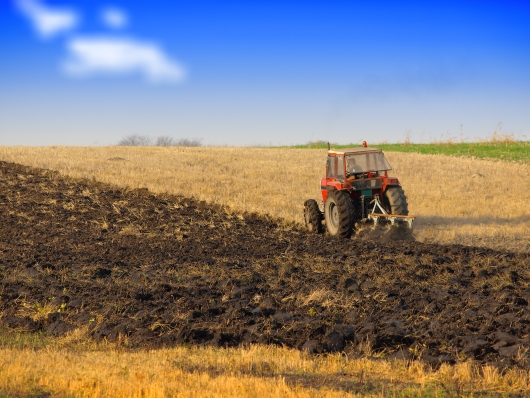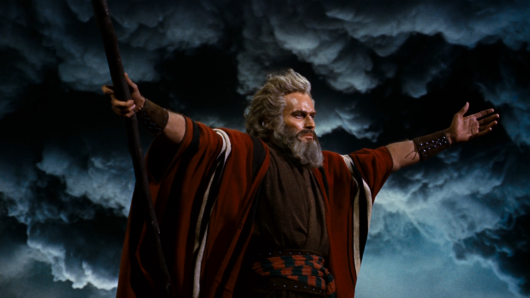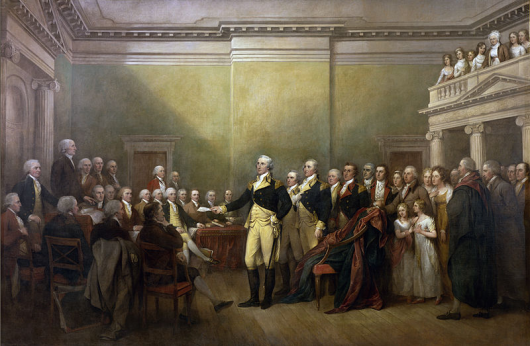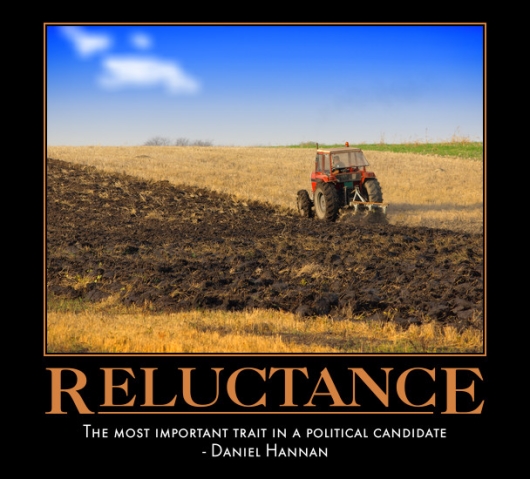
Daniel Hannan recently tweeted that the most important trait in a political candidate is reluctance.
Of all the traits to look for in a political candidate, the most important is reluctance.
— Daniel Hannan (@DanHannanMEP) December 10, 2013
That statement may come as a surprise. Today, just about anyone who shows promise as a political activist is encouraged to run for office. If you do run and are elected, you’ve “made it” (especially if you’re under the age of 30. Then you’re extra awesome.).
In that environment, it’s easy to get conceited about our own potential and look forward to the day when we can “serve our country” as an elected official. Don’t get me wrong, that’s a noble thing to do, and it was people who were willing to do that who secured for us our freedom over 200 years ago. But note the choice of words: I said willing, not eager.
Of course, our country has been well served by many who were eager to run for office, and often when God gifts and calls you to a particular task, that task is what you are happiest doing.
However. The best statesmen are the ones who didn’t want the job. Why?
What did God design us to do?
I think the answer is in Genesis in God’s commission to the very first people:
 And God said to them, “Be fruitful and multiply and fill the earth and subdue it, and have dominion over the fish of the sea and over the birds of the heavens and over every living thing that moves on the earth. – Genesis 1:28
In other words, God designed us to raise families and earn our own livings. Ruling over each other is an evil necessitated by the fact that there are some people who just won’t live and let live, as the saying goes. Perhaps the reason power gets out out of hand so quickly is because we were never actually designed to wield it.
Earning your own living helps you keep life in perspective. For instance, think about life as a farmer:
- You live closer to the earth, closer to what it takes to body and soul together.
- You are constantly at the mercy of the elements and natural processes.
- You spend hours interacting with nature, both on a grand and small basis.
Wouldn’t it be easier to remember what’s really important in life, that there is a God, that you are at His mercy, and that He is good? I have often wondered if that’s the real reason the midwestern parts of the US tend to be more conservative.
Fortunately for our country, there’s hope even if you aren’t a farmer. 🙂 The point is that the more you understand what life is truly all about, the more you want to spend your time and energies on the things that matter.
When your priorities are in the right place, anything that would take you away from what’s truly important is very unappealing.
A Biblical example
 Think about the story of Moses. He was indeed called by God to lead his people out of slavery and into a new country. He sensed that destiny as a young man and was eager to fulfill it. Too eager.
Think about the story of Moses. He was indeed called by God to lead his people out of slavery and into a new country. He sensed that destiny as a young man and was eager to fulfill it. Too eager.
After he killed the Egyptian, he was driven out into the wilderness for 40 years as a shepherd. What did he learn in those years? We don’t know much of what actually happened, but here are a few traits he displayed that the pre-wilderness Moses didn’t seem to have:
- Steadiness and cautiousness
- A healthy fear of power, understanding the costs
- Experience dealing with stubbornness when the stubborn entity is too valuable to have its head lopped off
- Humility and a sense of how inadequate he truly was
- A readiness to rely completely on God’s enabling
- A family (you learn to be less selfish and how to negotiate on a new level)
When he was finally ready for the job and God called him to it, he didn’t want it. That is a very telling indicator of how ready he actually was.
A historical example

One of the best examples of this in our own country’s history is George Washington.
At the close of the Revolutionary War, Washington could have had anything he wanted from the grateful American public, including a throne. It’s said that King George III (yes, that one) asked what Washington would do after the close of the war. The reply? “They say he will return to his farm.”
Incredulously, the monarch exclaimed “If he does that, he will be the greatest man in the world.”
Washington did return to his farm, only to be recruited unanimously into public service again. Still, his heart was at Mt. Vernon. Washington declined to run for a third presidential term (a wise example that was followed by every succeeding president until one of the worst presidents came along) and retired back to his farm.
Is it any wonder that this man was probably the greatest American president in history?
The best men shun power.
When you see life as it really is, you understand how fleeting and insignificant power is. You also see how very dangerous it is. You tend to place your priorities and your heart in the right place.
If you do run for public office, it’s to preserve the freedom to do the things you’d really rather be doing: earning a living, raising a family, and enjoying the freedom of insignificance.
And that’s the kind of people we need leading our country.

3 comments
Comments are closed.